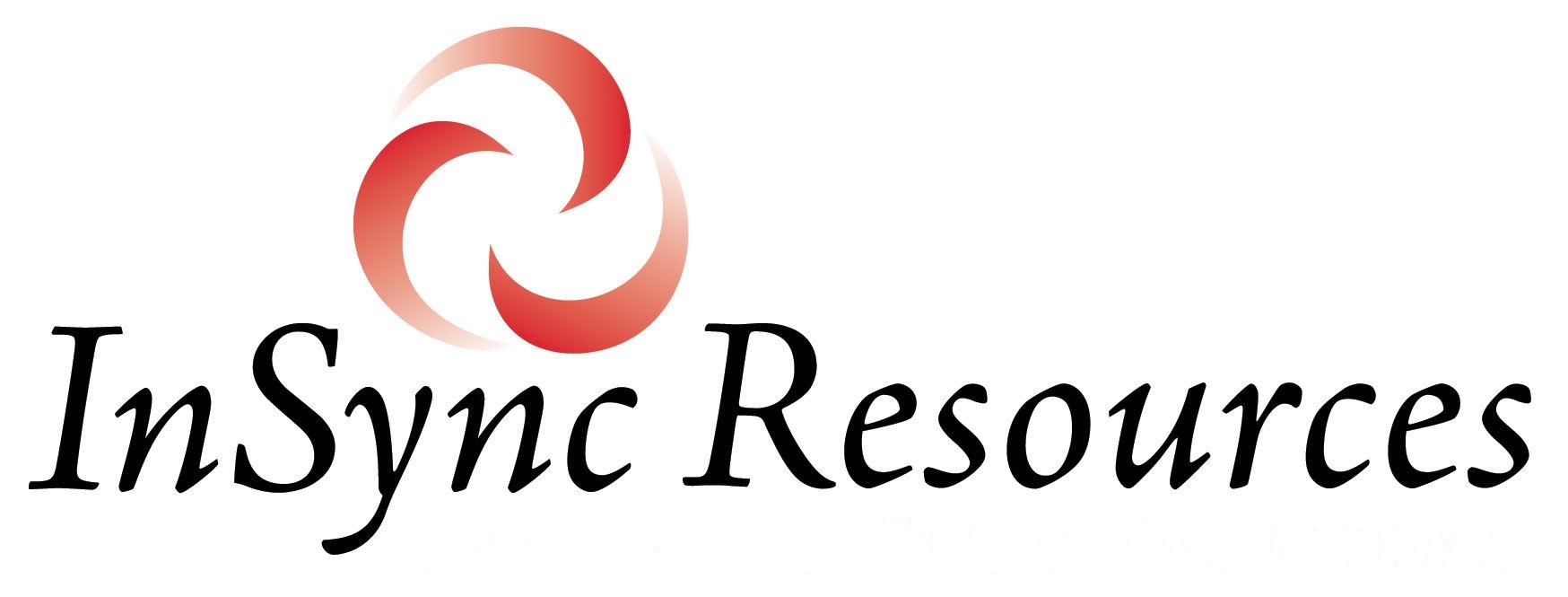How effective is it as a job search strategy?
Although I recommend focusing most of your energy on using the two most effective job search strategies, general networking (33% effective) and the targeted search method (86% effective), you might find the need to work with a third-party recruiters on occasion. What we know is that working with third party recruiters gives you a 5-28% chance of getting hired.
I know. It’s a pretty broad percentage range. That’s because working with recruiters comes with such a mixed bag of factors.
One major factor is timing. They may or may not have something that’s a match at the time you’re speaking with them, and if not, you risk being out of sight and out of mind if you don’t stay in touch with them after an initial connection has been made.
Other factors include the competency of the recruiter, whether the recruiter has exclusivity with their client companies, and what position level and/or industry the recruiter specializes in for placements. Also, some third-party recruiters specialize in searches for VP and C-suite candidates, some only place contractors, and some do a mixture of several industries, roles, and job types (full time, part-time, contract, direct hire, etc.).
What else do you need to know about direct hire recruiters?
Let’s say you’ve decided to use third-party recruiters who focus on direct hire candidate placements as one of your strategies. If you’ve never worked with third-party recruiters before, here are a few more things you need to know:
- Whether they want to talk to you or not will largely depend on your industry background. Most third-party recruiters tend to specialize and will want to consider you for opportunities in the same or similar industry where you’ve worked. Typically, you’ll see a greater number of third-party recruiters focused on roles in high-demand industries, such as IT, accounting/finance, and healthcare. However, you might be surprised at how specific some recruiters get within their specialties. For example, I once met a recruiter who only did nationwide searches for post-operative nurses.
- Don’t assume that just because a recruiter lives in a certain geographical area that the recruiter works with candidates only in that geographical area… or operates in that geographical area at all. I used to know a recruiter who lived in Austin, Texas, but he rarely, if ever, did candidate searches for companies in Austin. Another recruiter I met during a professional training session years ago explained that although he lived and worked in North Carolina, he enjoyed going to Las Vegas so much that he started cultivating relationships with companies in Las Vegas so he could focus on doing business in both places.
- Be sure to tell third-party recruiters where you’ve already applied. If you’ve already presented your resume directly to an organization, they can’t earn a fee by presenting you to that same organization. One job seeker told me about how he regretted ruining his relationship with a third-party recruiter because he had forgotten that he’d applied to a firm where the recruiter presented him as a candidate. By not seeming to have done the necessary due diligence, the recruiter’s relationship with the firm was suddenly jeopardized, and that, in turn, jeopardized the relationship between candidate and recruiter.
- Job seekers often ask me how to find third-party recruiters who do direct hire placements (as opposed to contract placements). The truth is that most of them would rather find and contact you than have it the other way around, which means that they’re not necessarily easy to find. And some of them are intentionally hard to find. Why are they so stealthy? Because their primary method of recruiting is known as passive candidate recruiting.
What is passive candidate recruiting?
In case you’re wondering, a passive candidate is an individual who’s employed and not actively searching for a job but who might be open to a good opportunity if one was presented. Though some internal recruiters who work inside organizations as part of a human resources team will contact passive candidates to float opportunities and gauge interest, this form of recruiting is more commonly practiced by third-party recruiters.
The passive candidate recruiting method is what makes the third-party recruiter such a highly valuable resource to companies. A company who needs a particular talent, especially a hard to find talent, will see the value in paying a recruiter’s fee, which incentivizes the recruiter to focus the time and energy (that the employer doesn’t have) on finding the candidate who would have otherwise not been known to the employer.
Why can’t I just hire someone to find me a job?
I know what you’re probably thinking because I get asked this question pretty often. If companies can pay recruiters to find candidates, why can’t you hire someone to find you a job? You might also be thinking… If athletes, artists, musicians, writers, actors, models, etc. can pay fees to talent agencies and hire agents to help them get work, why can’t you hire someone to do the same for you?
Actually, once upon a time we did have such a system for a broader range of professions. Once upon a time there were “employment agencies” where you could pay someone to find you a job. An older relative once told me about how she paid such an agency to place her in a phone switchboard operator position during the 1950s. She explained that the employment agency would either get their fee right away, or they would work out a payment plan where you would give them a portion of your paycheck until the fee was paid.
So, back then you’d apply with the employment agency, and they presented you to an employer. Basically, the same thing happens today with staffing firms and third-party recruiters, but instead of you paying to be placed in a job, the employer pays the fee. To my knowledge, entities that you can pay to find you a job don’t exist anymore and haven’t since the 1980s. By the time I became a professional third-party recruiter in 1994 (which I did until 2009), the practice of charging job seekers had fully shifted to an employer-paid model.
What are the potential advantages for you?
Naturally, third-party recruiters will wisely develop a good relationship with you when they feel they can place you, but their primary commitment is always going to be with the companies who engage them (and pay them). They’re in communication with various candidates all day long, and you are one of many individuals who they may or may not be able to represent all the way to the end of the hiring process (with one or several of their client companies). This is why working with them can give you such varied and unpredictable results.
However, if you do find yourself in the fortunate position of working well with one or more third-party recruiters during your career, here are some distinctive advantages you’ll have once they believe in your candidacy for roles they’re trying to fill:
- They can potentially open doors that were previously closed to you at certain companies.
- Their additional insights about roles and organizations can help you prepare well for interviews with companies they’re representing. After all, it’s in their best interests for you to succeed.
- Juggling the best interests of all parties involved means that they’re motivated to negotiate a win-win-win situation. Since their fees are usually based on your compensation, they will usually advocate for the best possible outcome.
And, of course, there’s the long-term advantage that you gain when you have a good relationship with a seasoned third-party recruiter. You can always go back to that recruiter later when you want to make your next career move. Once the trust has been built, and you’ve had success together before, it’s more likely to happen again.
For more tips and insights about this job search strategy, you may want to read my free e-guide, Working with Recruiters & Staffing Firms. (Click HERE to download.)

